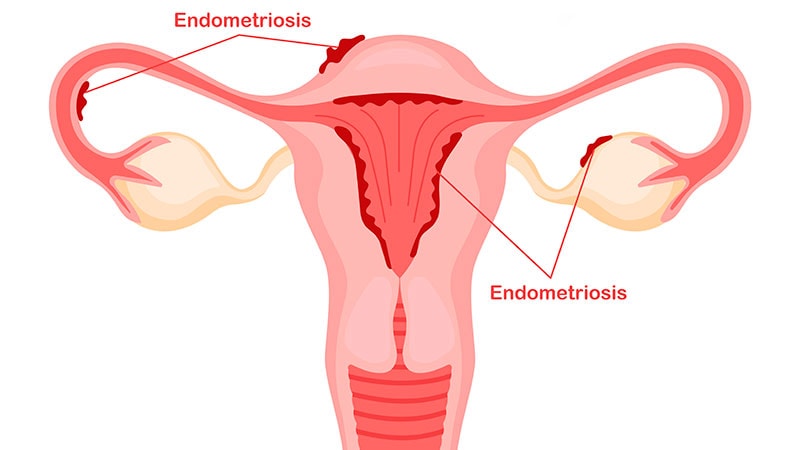Takeaway
- Compared with conventional management strategies, use of a neonatal early-onset sepsis (EOS) calculator appears to greatly reduce empirical antibiotics.
- Safety data are limited but supportive.
Why this matters
- Consistent use of any strategy (conventional, calculator, clinical surveillance) is essential for timely identification of infected newborns. See related editorial for more information.
Key results
- 13 studies involving newborns before (n=66,949) and after (n=105,436) EOS calculator implementation; 3367 were included in the hypothetical database analysis.
- Use of the EOS calculator to guide clinical decision-making yielded a 55% reduction in relative risk (RR) of antibiotic use (RR=0.45; 95% CI, 0.35-0.57).
- Across all studies, there was no indication of increased EOS incidence, readmissions, antibiotic use 24-72 hours postbirth, proportion requiring ICU care, mortality with EOS calculator use.
- Proportion of missed EOS cases was similar with the EOS calculator vs conventional management strategies (28% [5/18] vs 29% [8/28]; pooled OR=0.96, P=.95).
Study design
- Systematic meta-review assessing neonatal EOS management by the EOS calculator vs conventional management strategies and reduction in empirical antibiotics.
- Funding: Sophia, Coolsingel Foundations.
Limitations
- Meta-review included some newborns.
- Limited analysis.
- Selection bias.
- Limited generalisability.
References
References



